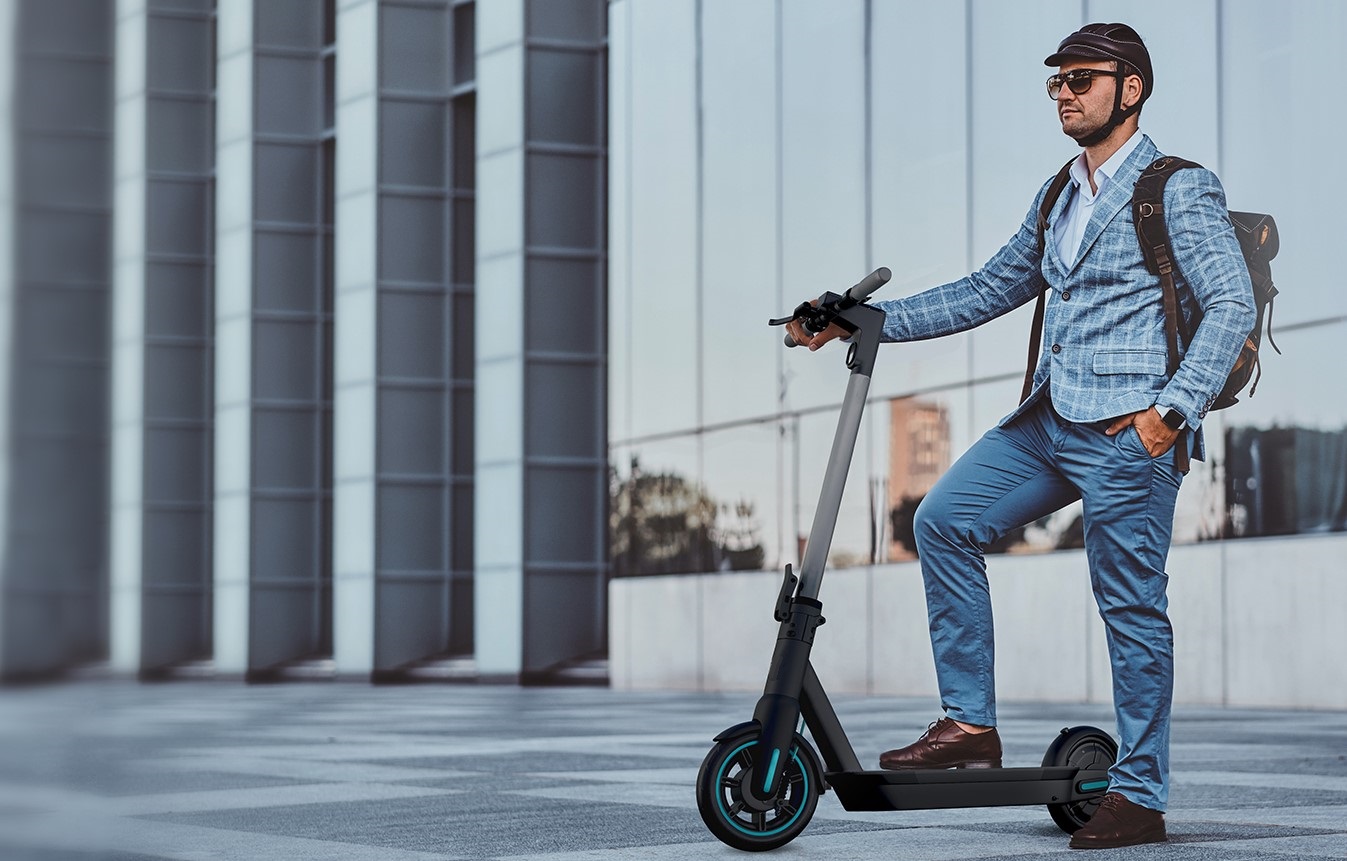Ireland is moving to catch up with the rest of Europe on e-scooters with a new bill that would legalise private e-scooters.
Alan Farrell, a member of parliament from coalition party Fine Gael, introduced the bill late 2020, to create a legal standing for e-scooters on Irish roads.
E-scooters have existed in a legal gray in Ireland for years as existing road traffic laws do not allow for them. That hasn’t stopped privately-owned e-scooters from taking to the streets.
But a lack of legal certainty has prevented e-scooter sharing companies like Lime and Tier from entering the market.
Farrell’s bill, if enacted, would legalise private e-scooters & allow for private and shared scooters to use roads and cycleways, capped at a speed of 25km/hr and for people over the age of 16. Unlike the U.K. trials this year, the bill doesn’t require a user to have a provisional driver’s license.
“Our law in Ireland currently explicitly excludes a bicycle from licensing and registration and what I’m trying to achieve for simplicity is that a personal light electric vehicle or an electric scooter is treated as a bicycle,” said Farrell.
During the summer, the U.K. fast tracked the introduction of e-scooter trials in the country, which left Ireland as one of the last major European markets left to legislate for the vehicles. At the same time, the Irish government announced new investment in cycle infrastructure amid the pandemic but no advancements were made on e-scooters.
Charlie Gleeson, the chief executive of Zipp Mobility, a Dublin-based start-up that has launched in a handful of U.K. cities this year, is supportive of Farrell’s bill.
“We’ve got a huge amount of learnings from the U.K. We’re up and running, we’re scaling our business across the U.K. at the moment,” Gleeson said.
“We want to talk about the pros and cons, what’s been done right in the U.K. and what’s been done slightly badly and see if we can assist both the government and the councils in amending any legislation and making it the best it can be.”
“I don’t think they should be permitted on footpaths at all. That’s where we’ve seen issues in other countries and particularly in the U.K. as well. There were a couple of schemes that had a lot of people riding on pavements,” he said.
“It is very important to grow the awareness that scooters are made for the road not the footpath and I think that’s the way it’s going to be legislated for in Ireland.”

